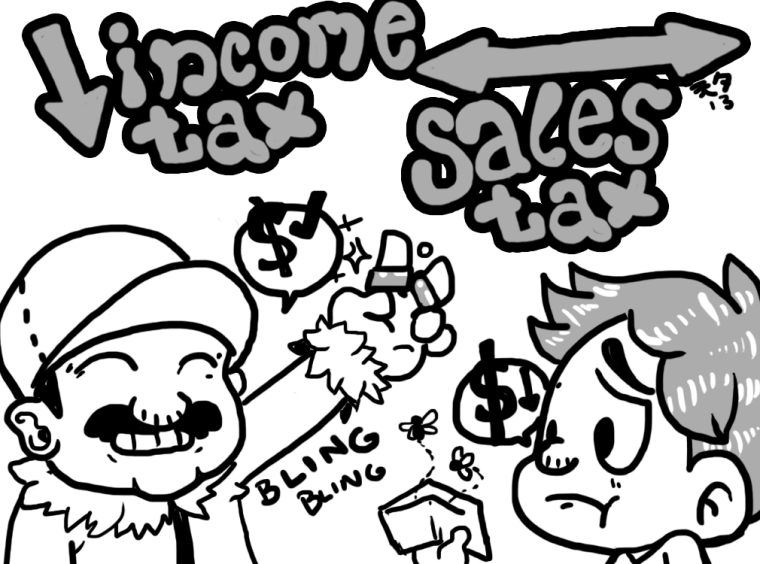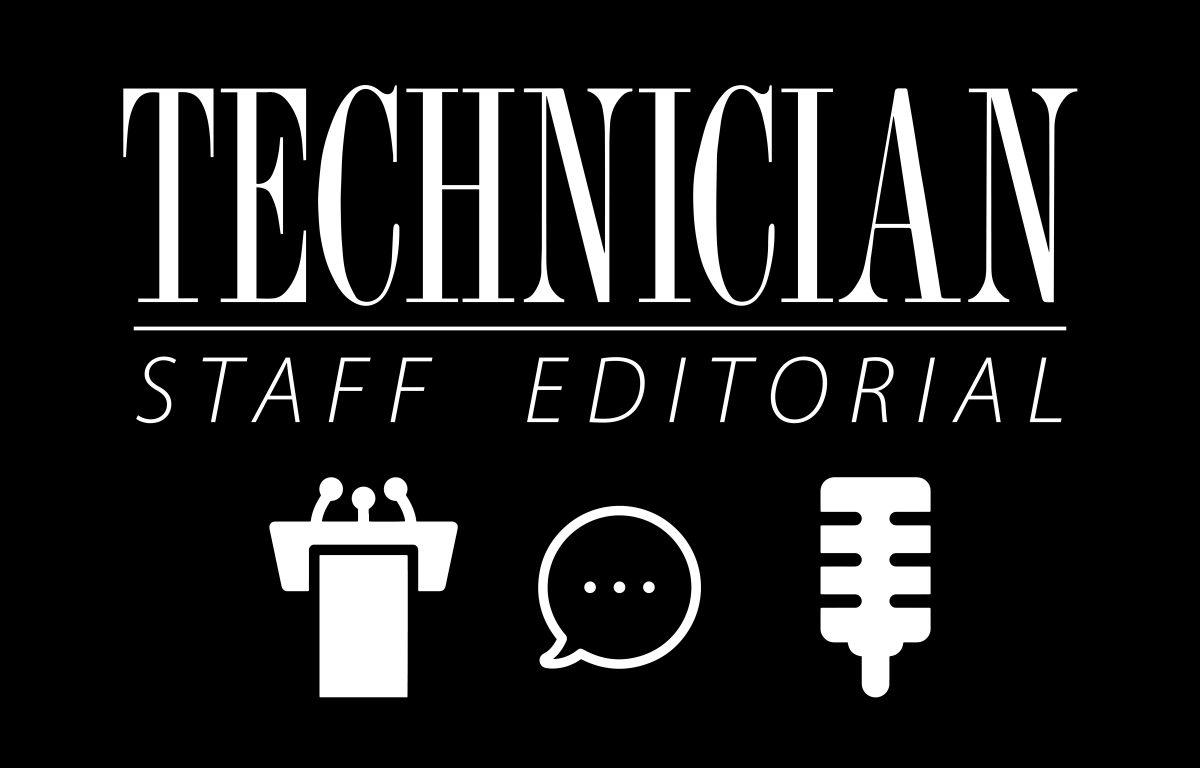Tuesday, Americans for Prosperity, a conservative political group, announced its $500,000, 90-day campaign encouraging North Carolina lawmakers to simplify tax code. Additionally, the group aims to at least decrease, if not completely eliminate, personal and corporate income taxes.
Though Gov. Pat McCrory’s budget director, Art Pope, said McCrory has never called for eliminating the corporate income tax, McCrory expressed interest in eliminating income taxes during his campaign. If passed, we would join Alaska, Florida, Nevada, South Dakota, Texas, Washington and Wyoming as the eighth income tax-free state.
“With high income tax rates, a crippling franchise tax and a reckless and random local privilege tax, North Carolina taxes citizens and businesses too much and makes the tax code too confusing,” AFP President, Tim Phillips, said.
AFP’s “tax less, tax fair, tax simple” slogan sounds appealing but the state would have to make up for this lost revenue in some way. The group suggested “a broad-based sales tax that treats all sales equally,” according to PR Web.
By “[treating] all sales equally,” items like clothing, non-prescription drugs and groceries will no longer be eligible for special, lower taxes. “Raising the sales tax on food from 2 percent to 8 percent would add $312 to the annual grocery bill for someone who spends $100 a week on food at the supermarket,” according to Laura Leslie of WRAL. This will no doubt hurt the 18 percent or 1.7 million of North Carolinians who live in poverty.
Budget director Pope previously served as an AFP board member, but does not entirely agree with AFP’s campaign. As reported by The News & Observer in January, “Pope cited concern that the higher sales tax is ‘absolutely no doubt’ regressive, meaning it would hurt low-income taxpayers the hardest.” The motives behind AFP’s tax code generally sound noble, but — for once — we’re with Pope on this one.
If a family is struggling just to afford groceries, it is even less likely to have the financial ability to send its children to college. Right now, as college affordability wanes out of the scene and student loan debt reaches an all-time high, considering college if you can barely afford to eat becomes a distant dream. We’re not arguing that this proposed tax code would eliminate teams of college applicants, but it further discourages the discouraged. It doesn’t take a college degree to understand that.
By making it harder for parents to afford to send their children to college, AFP’s proposed tax reform contradicts the idea that all qualified North Carolinians should be able to earn a college degree.
Those of us who are already in college will also feel the sting of the increased sales tax which, according to Pope, amounts to a gross income tax “without any regard to whether you are making money.”
Because we college students are trying to put ourselves through school, many of us—71 percent of all college undergraduates in the United States —only have time for a part-time job, if any job at all. Therefore, it would benefit us if we were taxed proportionately on the little money we do make rather than increasing the tax on the groceries we have to buy.
If decreasing income tax means increasing sales tax, AFP is “for prosperity” only in name.










